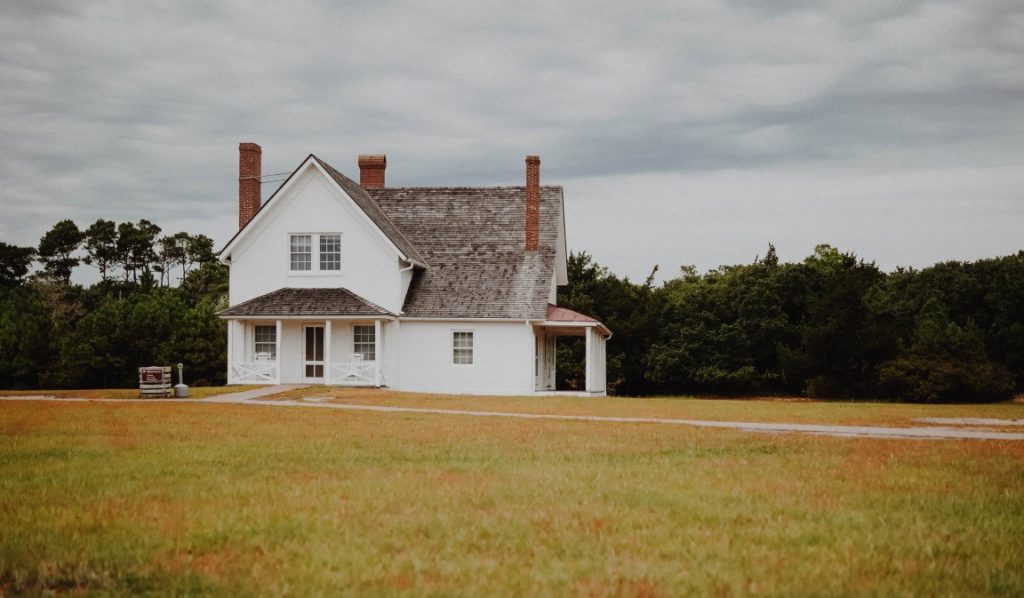Property registration isn’t something you necessarily think about when buying a home. Yet, for some, the concept may become a reality. With that in mind, here is what you need to know about unregistered properties and how much it costs to register them.
What is unregistered property?
An unregistered property is a piece of land or a building that hasn’t been recorded in the Land Registry, a government department responsible for maintaining a comprehensive and reliable record of all property and land ownership information in England and Wales.
If a property is unregistered, it means there’s no official digital record of the current legal owner, and it can be more difficult to ascertain the full history of the property’s ownership.
Before the Land Registration Act 2002, not all property transactions were required to be registered. Since then, however, virtually all transactions involving property, including sales, long leases, mortgages and inheritances must be registered.
Importance of registering a property
Property registration offers multiple advantages. It serves as an official confirmation of property ownership, making it easier to prove your legal rights over the property.
Property transactions are simpler, whether you are selling, mortgaging or leaving it as an inheritance, as the information is readily accessible and indisputable.
A home being registered also helps protect your property from fraud, as any changes or claims against your property would require your approval.
Furthermore, a registered property provides a clear and definitive record of the property’s boundary limits, reducing the risk of land disputes with neighbours.
With a registered property, any easements, rights of way, or restrictive covenants associated with the property are clearly listed, helping owners understand their rights and responsibilities.
For instance, if there’s a right of way through your land, or if you’re not allowed to build certain structures on your property, these will be detailed in the registry.
How to register an unregistered property
To register an unregistered property, you need to complete an application to the Land Registry. This process involves several steps:
- Collect evidence of ownership. Compile all documents relating to the property. This could include deeds, wills, conveyances, contracts and any other documents proving your ownership.
- Prepare a detailed plan of the property. If the property is a piece of land, you’ll need a detailed plan showing its exact boundaries.
- Fill in the right forms. The two main forms you’ll need to complete are the FR1 (Application form for registration) and the DL (Deed of Lease). You can obtain both of these from the Government’s website.
- Get legal advice. If you’re unsure about anything, it’s wise to consult with a solicitor or conveyancer. They can help you understand the process and ensure you’ve met all requirements.
Cost to register an unregistered property
The cost to register an unregistered property in the UK depends on the value of the property. The Land Registry charges a sliding scale fee based on the property’s price.
For example:
- A property valued up to £50,000 costs £40 to register
- Properties valued between £500,001 and £1,000,000 cost £270.
These rates are for voluntary first registration. If the registration is triggered by a transaction, the cost may be slightly higher. If you’re using a solicitor or conveyancer to help with the process, their fees will be an additional cost.
How long does the process take?
The registration process can vary in length, depending on the complexity of the property’s history and the completeness of your application. Most applications take between 13 and 14 months.
Keeping this in mind, you may need to be prepared and patient. Make sure you have all necessary documentation ready to streamline the process, and try to address any potential issues in advance.
For example, if there’s a chance of a dispute over property boundaries, it might be worth investing in a professional land surveyor. They can provide an accurate assessment, helping to avoid conflicts down the line.
On the other hand, the Land Registry might ask for additional information or clarification on certain points during the process. Respond promptly to such requests to avoid unnecessary delays. If you’re using a solicitor or conveyancer to handle your registration, they will typically manage these communications for you.
Registering an unregistered property
Registering an unregistered property provides numerous benefits, including security of ownership and ease of future transactions. The cost is relatively modest, especially considering the peace of mind it affords. However, the process can be complex, so professional advice is recommended to ensure everything goes smoothly.
If your property is not registered and you want to sell it, Property Rescue can buy your home unregistered. Get a free, no obligation quote for your home in just a few seconds.
